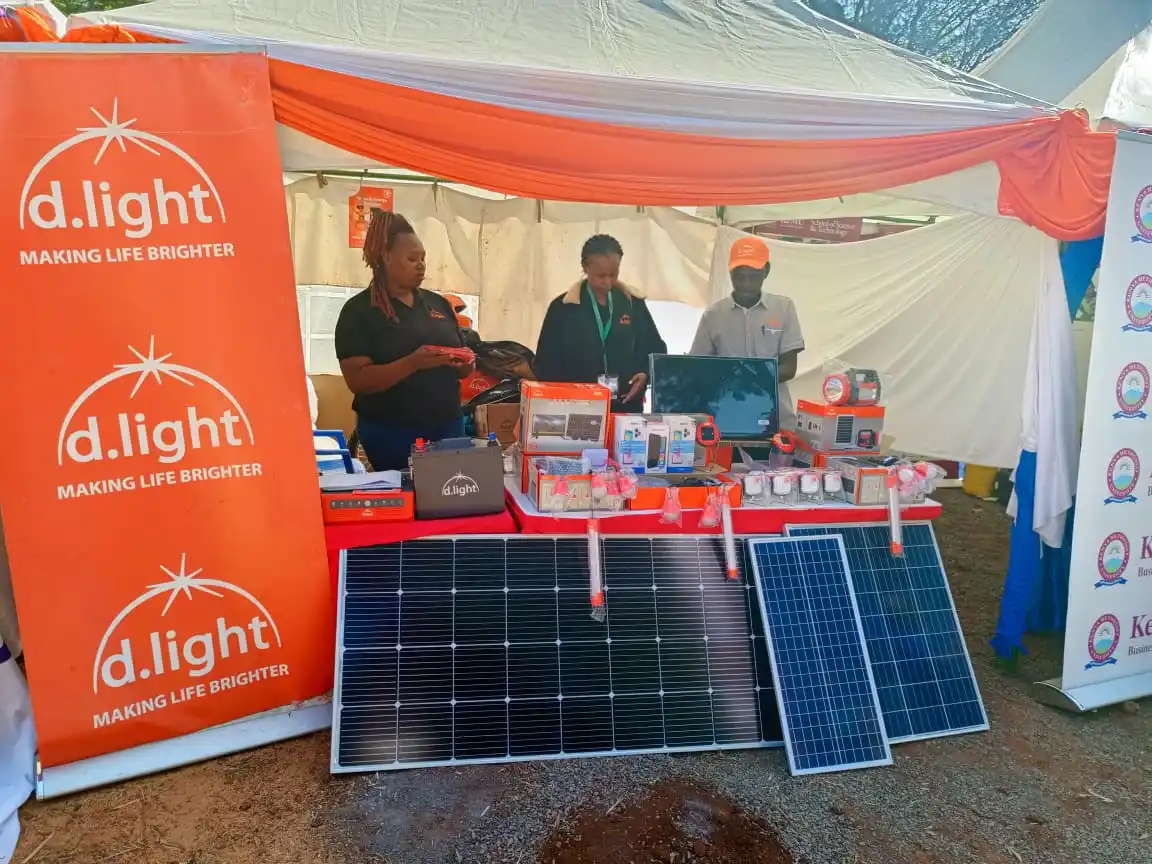In a significant milestone for off-grid solar and global efforts to combat climate change, d.light has successfully mitigated 40 million tons of carbon dioxide—equivalent to the total annual emissions of Norway. This achievement emphasizes the crucial role off-grid solar plays in reducing global carbon footprints, particularly in regions where access to clean energy remains a challenge.
Since its inception, d.light has provided solar-powered solutions to off-grid communities, benefiting over 190 million people. Its products, including solar home systems, solar inverters, clean cookstoves, and energy-efficient appliances, offer a cleaner and more affordable alternative to kerosene lamps and biomass fuels. These solutions not only reduce CO₂ emissions, they alleviate indoor air pollution, save rural households money on fuel expenses, and reduce deforestation.
The growing impact of off-grid solar is underscored by its inclusion among the top 10 global solutions for carbon mitigation, as recognized by Project Drawdown. According to Drawdown’s Table of Solutions, tracking two separate scenarios, distributed (off-grid) solar and clean cooking rank as two of the most effective strategies for reducing greenhouse gas emissions worldwide. “Drawdown Scenario 1 is roughly in line with 2˚C temperature rise by 2100, while Drawdown Scenario 2 is roughly in-line with 1.5˚C temperature rise at century’s end.” The recognition highlights how widespread adoption of these solutions is essential for achieving the global climate goals.
In addition to mitigating carbon emissions, off-grid solar is also contributing to significant economic benefits. d.light’s solutions empower underserved communities by enabling income generation, job creation, and the growth of small businesses. By expanding access to clean energy, d.light is helping to create a more sustainable and resilient future for millions of people.
The progress in measuring the impact of off-grid solar has been enhanced by updated standards, such as those introduced by the Global Off-Grid Lighting Association (GOGLA). The latest version of GOGLA’s impact metrics—Version 4.0—provides a more refined picture of off-grid solar’s environmental, economic, and social benefits. This includes tracking customer location, job creation, and a deeper understanding of regional variations in solar adoption, with a focus on East and West Africa, and South Asia.
As the industry continues to evolve, these metrics will offer a clearer view of the transformative effects of solar energy solutions in combating climate change, driving economic development, and improving lives. For d.light, these advancements highlight the broader impact of its products—beyond reducing carbon emissions, they foster financial independence and social development in some of the world’s most underserved regions.
Despite these significant strides, the global need for clean energy access remains vast, with nearly a billion people still relying on kerosene for lighting and traditional stoves for cooking. Expanding affordable, off-grid solar solutions remains critical to closing this energy access gap and accelerating global efforts toward a low-carbon future.
As d.light continues to lead the way, the growing recognition of off-grid solar and clean cooking as key solutions in the fight against climate change marks a pivotal moment. With the right investment and policy support, off-grid solar has the potential to power a sustainable, equitable future for communities around the world.

